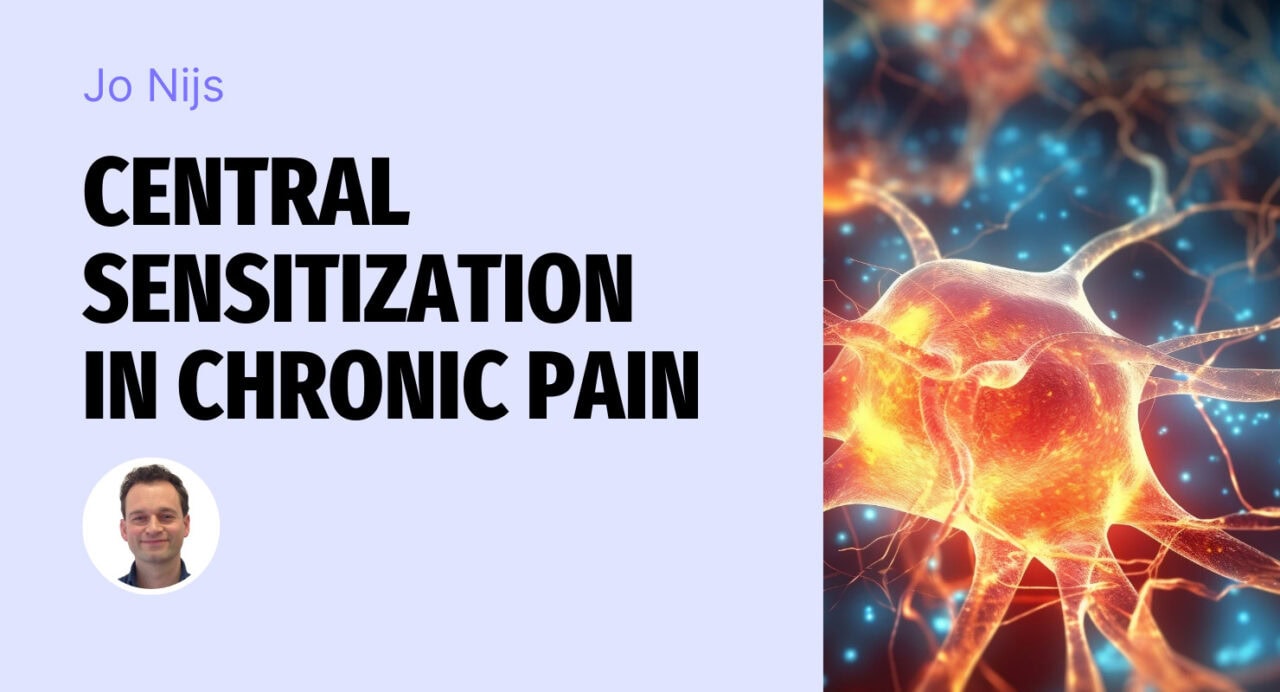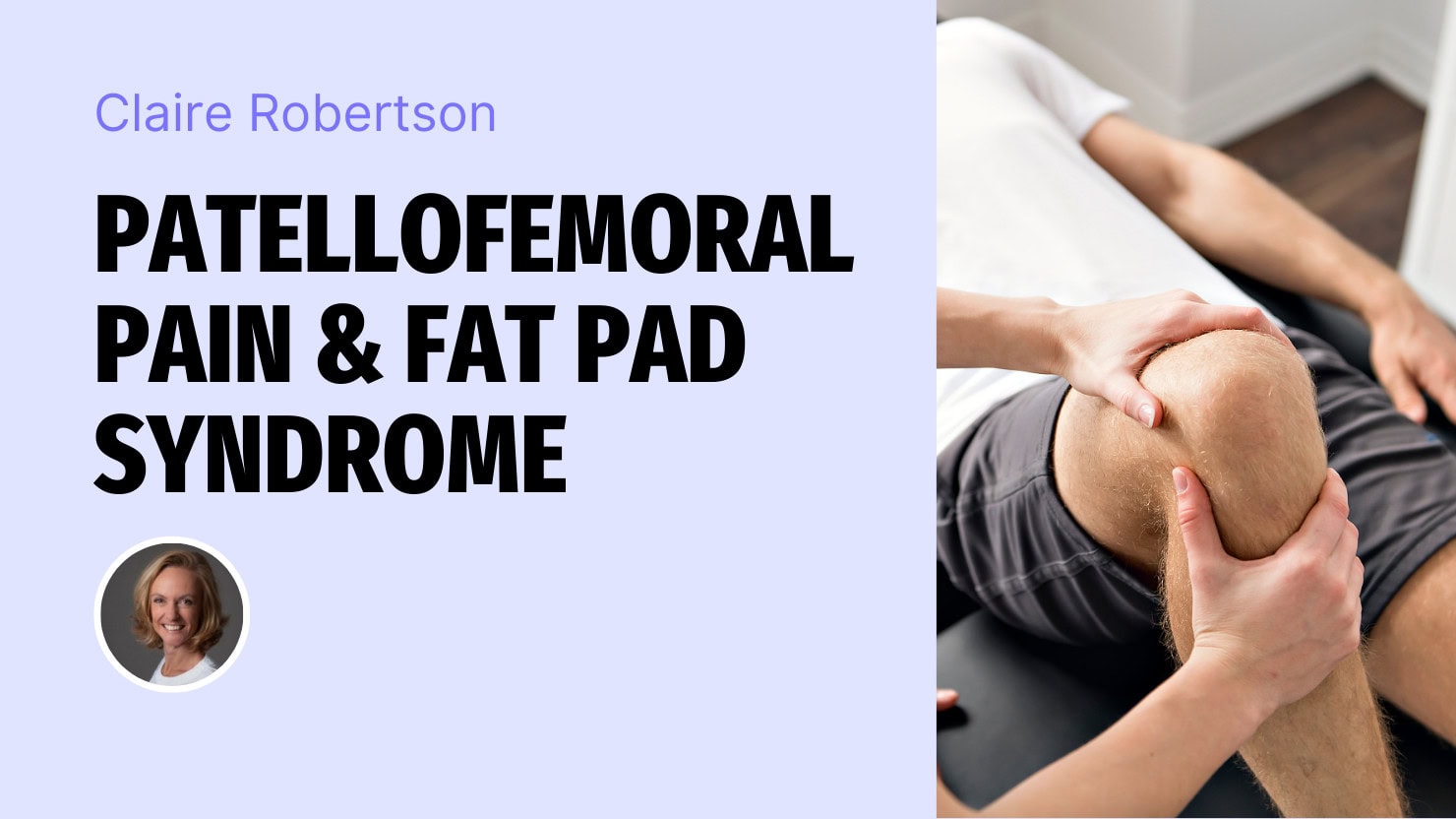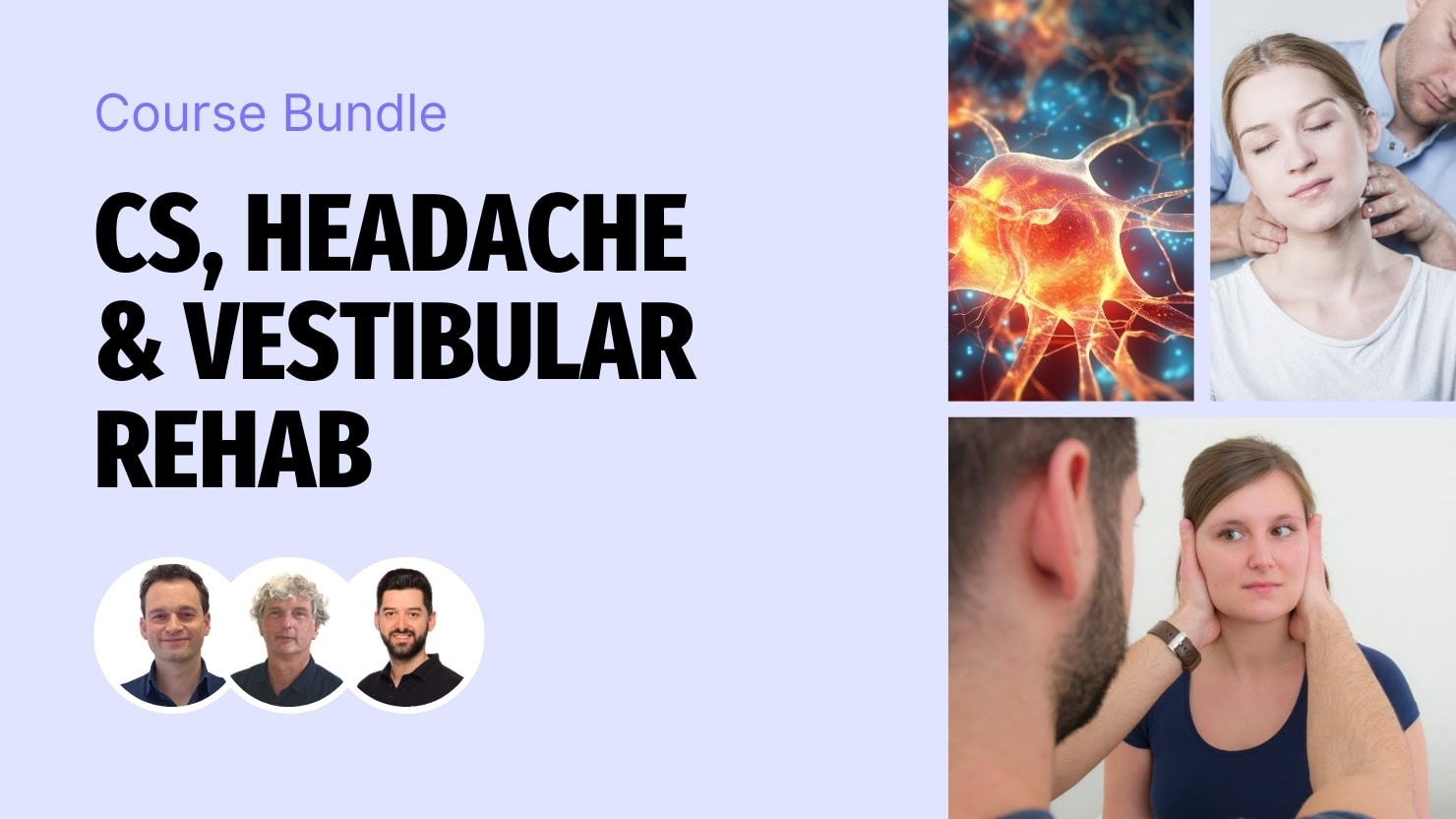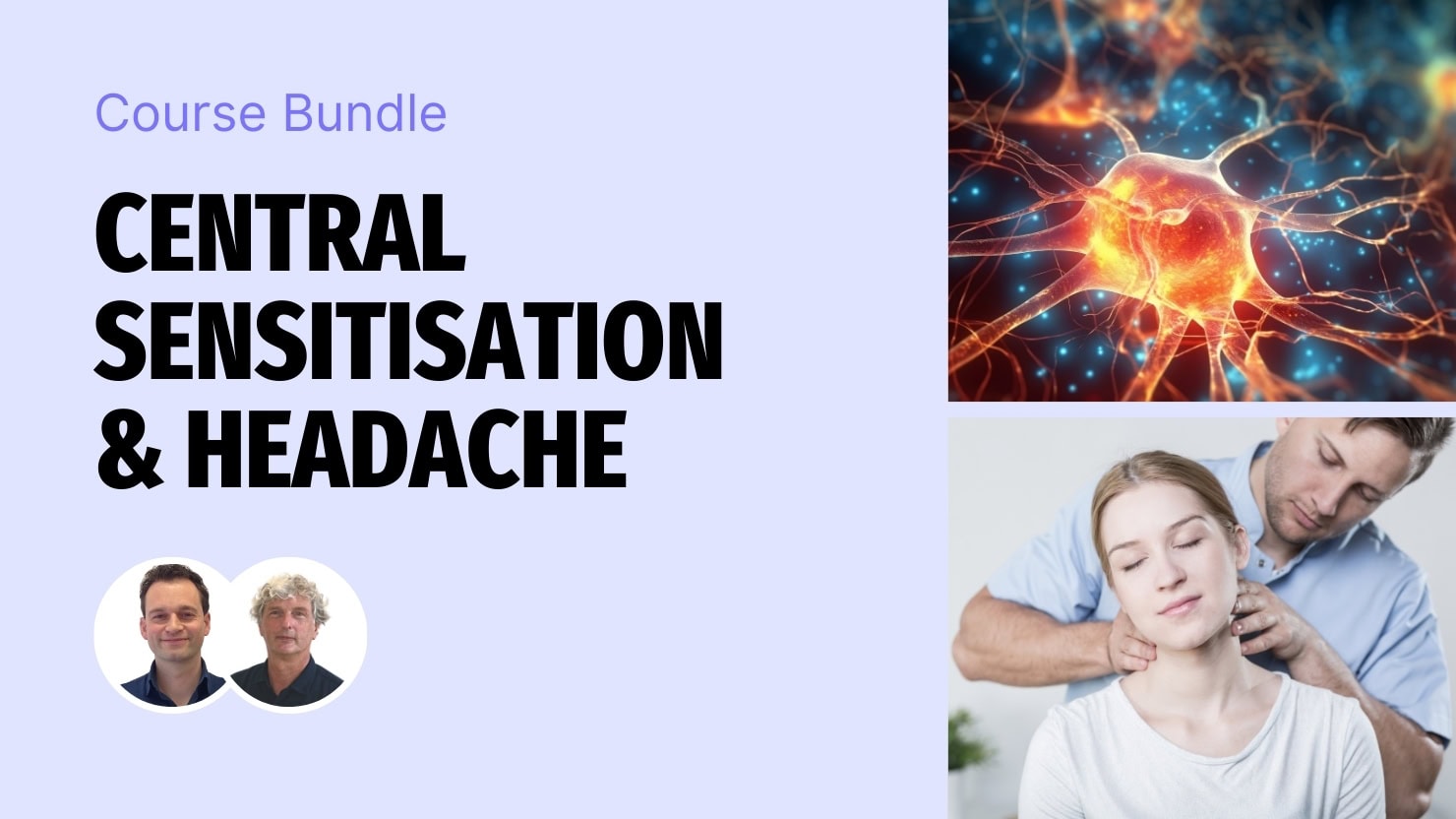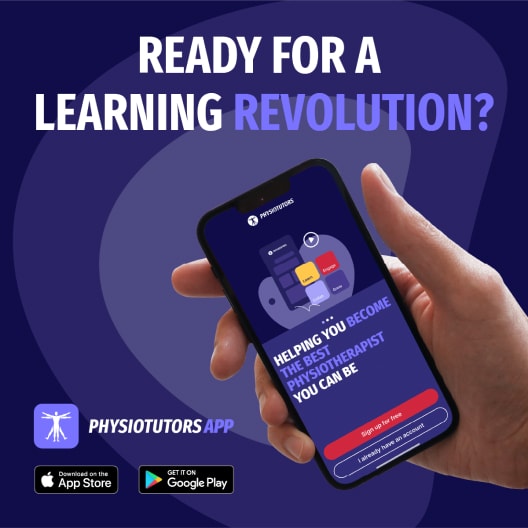Central Sensitization in Patients with Persistent Pain
€ 329
- Unlimited access
- Course badge
- Course certificate
- Subtitles & page translations available in: 🇬🇧 🇳🇱 🇩🇪 🇫🇷 🇪🇸 🇮🇹 🇵🇹 🇧🇷 🇹🇷
Instructors

Jo Nijs
Description
Central Sensitization in Persistent Pain: From the Lab to the Clinic – Transform Your Approach to Pain Management
Understanding and treating central sensitization in patients with persistent pain is one of the most challenging aspects of modern physiotherapy and healthcare. This course provides a thorough exploration of the mechanisms behind central sensitization, guiding you from theoretical foundations to practical, evidence-based interventions that you can apply in your clinical practice.
Course Overview
This course is designed for physiotherapists and healthcare professionals who are looking to expand their understanding of central sensitization and improve their ability to manage patients with chronic pain. From the latest research in neurophysiology to clinical applications, this course equips you with the tools and knowledge needed to assess and treat patients suffering from conditions influenced by central sensitization.
What You Will Learn
- Understanding Central Sensitization: Gain a deep understanding of the neurophysiological mechanisms that underlie central sensitization. Learn how these processes contribute to persistent pain and how they differentiate from peripheral pain mechanisms.
- Assessment of Central Sensitization: Develop skills in identifying signs of central sensitization in your patients. You will learn evidence-based assessment techniques to recognize central sensitization patterns, enabling you to tailor your treatment strategies accordingly.
- Evidence-Based Interventions for Chronic Pain: Implement therapeutic strategies that address the underlying mechanisms of central sensitization. From graded exposure therapy and pain neuroscience education to cognitive behavioral techniques, you’ll learn how to apply these interventions to reduce pain sensitivity and improve patient outcomes.
- Bridging the Gap Between Research and Clinical Practice: Stay up-to-date with the latest research on central sensitization and persistent pain. This course bridges the gap between laboratory findings and clinical applications, ensuring that your treatment approaches are rooted in cutting-edge science.
Interactive Learning and Practical Application
- Video Demonstrations and Case Studies: Engage with high-quality video demonstrations of key assessment and intervention techniques. Apply your knowledge through detailed case studies that mimic real-world clinical scenarios, helping you translate theory into practice.
- Clinical Resources and Tools: Gain access to valuable clinical resources, including assessment tools, therapeutic guidelines, and practical strategies for managing patients with chronic pain. These resources are designed to support your day-to-day practice and improve patient outcomes.
Why This Course Stands Out
- Expert Instruction by Leading Pain Specialists: Learn from instructors who are specialists in pain science and rehabilitation. Their extensive experience in both research and clinical practice provides you with actionable insights into managing patients with central sensitization and chronic pain.
- Cutting-Edge Content: This course incorporates the latest research and innovations in pain science, giving you a comprehensive understanding of central sensitization. You will be equipped with the most up-to-date knowledge to effectively assess and treat chronic pain.
- Actionable, Evidence-Based Techniques: This course is designed to provide you with practical, evidence-based techniques that you can implement immediately in your clinical practice. Each intervention is supported by the latest research, ensuring that you deliver the highest standard of care to your patients.
Outcome
By the end of this course, you will have the knowledge and skills to effectively assess, diagnose, and treat patients with persistent pain influenced by central sensitization. You will be able to apply advanced pain management strategies that are grounded in evidence, ultimately improving patient outcomes and enhancing their quality of life.
Course news
The re-accreditation of this course in the Netherlands is complete. You can read more about accreditation of this course below.
